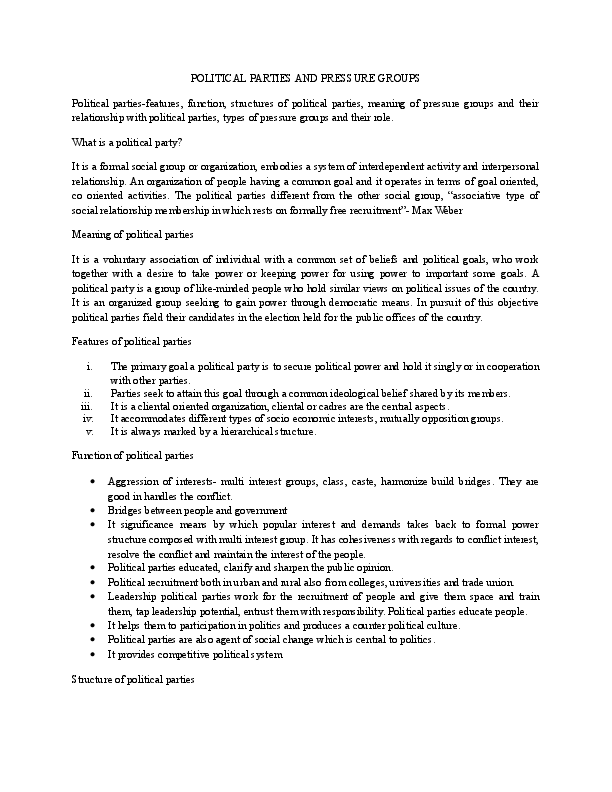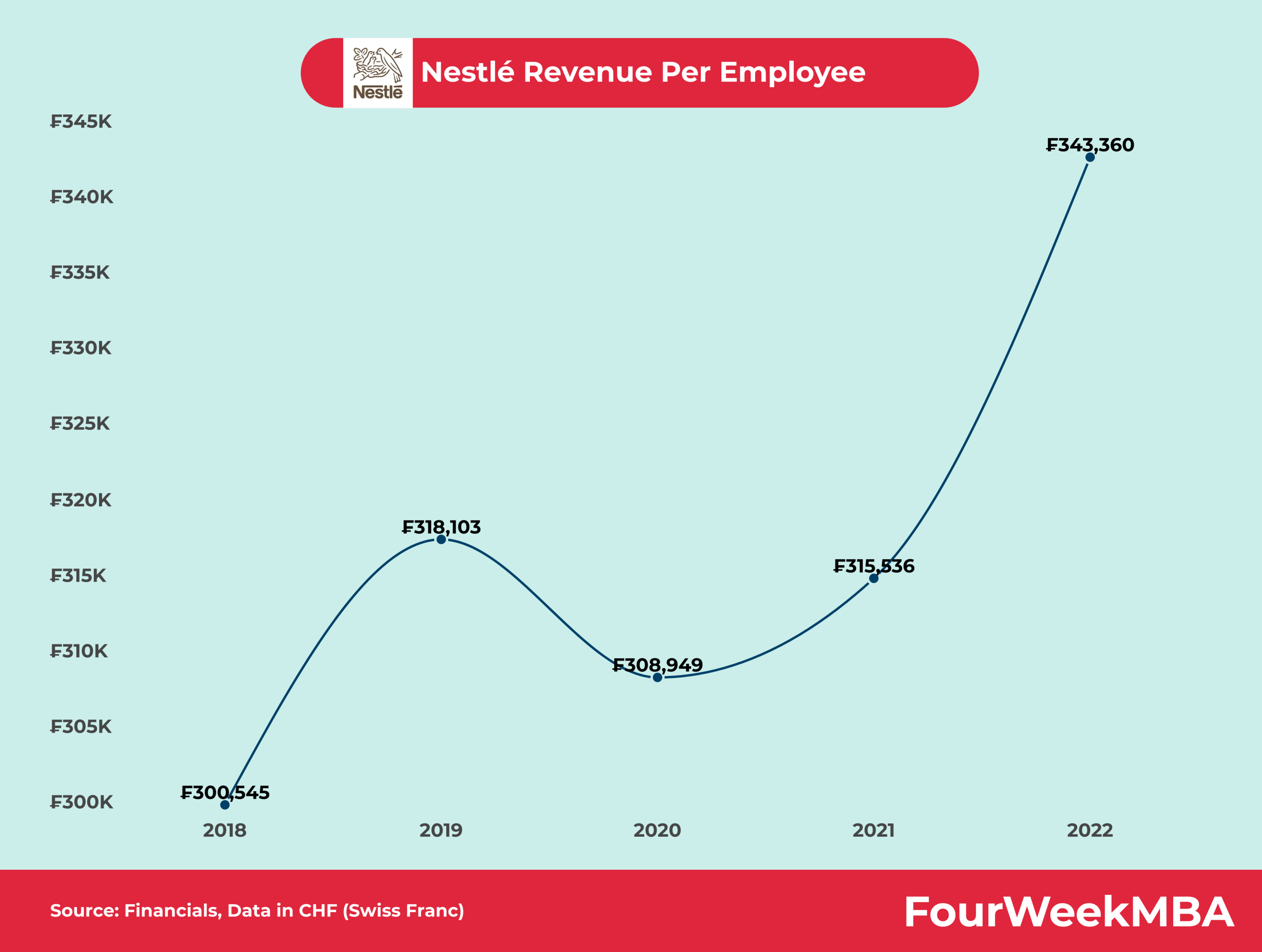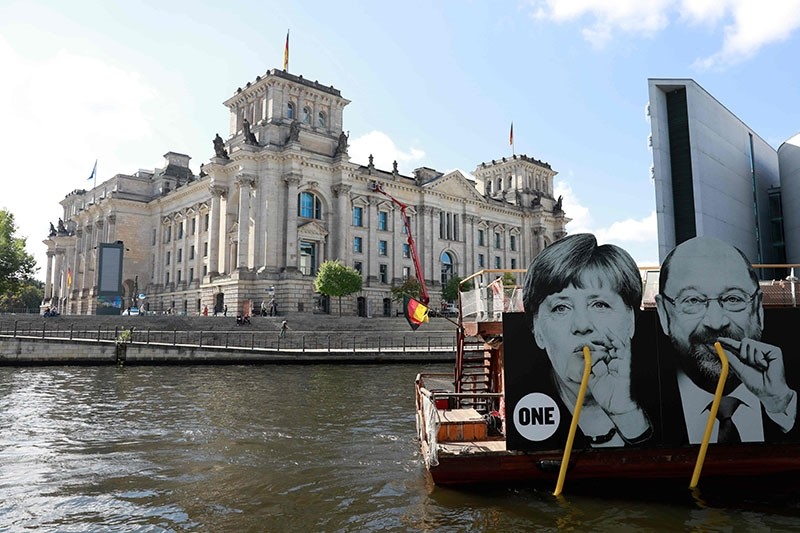Political Parties Under Pressure: A Study Of Compromise And Resistance

Table of Contents
The Erosion of Traditional Party Loyalties
The traditional model of strong, loyal party affiliation is eroding rapidly, placing political parties under significant pressure. This erosion manifests in several key ways.
The Rise of Populism and Independent Candidates
The rise of populist movements and independent candidates directly challenges the established power structures of traditional political parties. This trend is fueled by increasing voter dissatisfaction with mainstream politics and a growing perception that established parties are out of touch.
- Increased voter dissatisfaction with mainstream politics leads to a surge in support for alternative candidates. Citizens are increasingly disillusioned with perceived corruption, broken promises, and a lack of responsiveness from traditional parties.
- Populist rhetoric often undermines the established party platforms, forcing parties to reconsider their messaging. Populist leaders frequently employ simplistic solutions and strong rhetoric, directly challenging the nuanced positions of established parties.
- Examples of successful populist and independent movements and their impact on established political parties: The rise of Donald Trump in the US and the success of various populist parties across Europe demonstrate the significant impact independent candidates and populist movements can have on established political parties, forcing them to adapt or risk irrelevance. These movements often capitalize on anxieties around globalization, immigration, and economic inequality.
Shifting Demographics and Voter Preferences
Changing demographics and evolving voter priorities necessitate adapting party platforms to remain relevant. Ignoring these shifts can lead to electoral losses and a decline in public trust.
- The need for parties to engage with younger generations and diverse communities. Younger voters, particularly, are often more concerned with issues like climate change, social justice, and economic inequality than older generations. Parties must adapt their messaging and policies to resonate with these concerns.
- The influence of social media and online activism on party strategies. Social media platforms have become powerful tools for political mobilization and communication. Parties must develop sophisticated online strategies to reach voters and counter misinformation.
- Examples of how parties have adapted (or failed to adapt) to shifting voter preferences: The Green Party's success in several European countries demonstrates the impact of adapting to environmental concerns. Conversely, parties that have failed to address shifting social attitudes on issues like same-sex marriage or LGBTQ+ rights have suffered electoral setbacks.
Internal Divisions and Factionalism
Internal conflict within political parties significantly weakens their ability to present a unified front and effectively govern. These internal divisions manifest in several ways.
Ideological Conflicts Within Parties
Internal struggles between different factions within a party can severely weaken its ability to present a unified front. This tension is particularly acute in broad-church parties that encompass a wide range of ideological viewpoints.
- The tension between progressive and conservative wings within parties. This tension is a common feature of many political parties worldwide, leading to internal debates and power struggles over policy directions.
- The impact of internal power struggles on policy-making and party cohesion. Internal disputes can lead to policy paralysis, hindering the party's ability to effectively respond to pressing issues.
- Examples of historical and contemporary examples of internal party divisions: The ongoing debates within the Democratic and Republican parties in the US, or the internal struggles within many European socialist parties illustrate the challenges posed by ideological conflicts.
Challenges to Party Leadership
Leadership challenges can create instability and undermine public confidence in the party. These challenges can stem from various sources, including poor electoral performance, corruption scandals, or internal power struggles.
- The role of media scrutiny and public opinion in leadership challenges. Media coverage plays a crucial role in shaping public perception of party leaders and influencing the outcome of leadership contests.
- The impact of leadership crises on party unity and electoral performance. Leadership crises can damage party unity, demoralize members, and negatively impact electoral performance.
- Examples of leadership struggles and their consequences: The numerous leadership challenges faced by various parties in recent years demonstrate the potential for instability and negative consequences.
Strategies of Compromise and Resistance
Faced with these pressures, political parties employ various strategies of compromise and resistance.
Negotiation and Coalition Building
The necessity for political parties to engage in compromise and coalition building to achieve legislative goals is undeniable in many parliamentary systems.
- The challenges and benefits of forming coalitions with ideologically different parties. Coalition governments can be unstable, but they also allow for broader representation and can lead to more effective governance.
- Examples of successful and unsuccessful coalition governments: The success of some coalition governments in achieving significant legislative reforms, contrasted with the failures of others due to internal divisions highlights the complexities of coalition politics.
- The art of political negotiation and compromise. Effective political negotiation and compromise are crucial skills for parties seeking to build coalitions and achieve legislative goals.
Maintaining Core Ideological Principles
Maintaining core ideological principles is critical for a party's identity and long-term success. However, this must be balanced with the need to adapt to changing circumstances.
- The risks of compromising core values for political expediency. Parties must carefully consider the potential costs of compromising their core values for short-term political gain.
- Strategies for maintaining party identity while adapting to changing circumstances. Parties must find ways to adapt their messaging and policies without abandoning their core principles.
- The importance of communicating core values to voters. Clear and consistent communication of core values is essential for maintaining voter trust and support.
Conclusion
Political parties are undeniably under pressure in the modern political landscape. The challenges of adapting to shifting demographics, navigating internal divisions, and responding to external pressures require a delicate balance between compromise and resistance. By understanding the forces at play and the strategic choices available, political parties can better navigate the complexities of the current environment and effectively represent the interests of their constituents. To learn more about the specific pressures facing political parties in your region, further research into local political dynamics is highly recommended. Understanding the strategies employed by political parties under pressure is crucial for informed civic engagement.

Featured Posts
-
 Newsoms Toxic Democrats Remark Full Podcast Strategy Explained To Maher
Apr 25, 2025
Newsoms Toxic Democrats Remark Full Podcast Strategy Explained To Maher
Apr 25, 2025 -
 Cellnex Telecom Ceo Confirms Year End Restructuring Focus On Uk Expansion
Apr 25, 2025
Cellnex Telecom Ceo Confirms Year End Restructuring Focus On Uk Expansion
Apr 25, 2025 -
 Post Roe America How Over The Counter Birth Control Impacts Access
Apr 25, 2025
Post Roe America How Over The Counter Birth Control Impacts Access
Apr 25, 2025 -
 Concerns Over Trumps Immigration Policies Lead To Op Ed Removal By Students
Apr 25, 2025
Concerns Over Trumps Immigration Policies Lead To Op Ed Removal By Students
Apr 25, 2025 -
 Strong Coffee And Cocoa Sales Contribute To Nestles Nesn Revenue
Apr 25, 2025
Strong Coffee And Cocoa Sales Contribute To Nestles Nesn Revenue
Apr 25, 2025
Latest Posts
-
 Germanys Spd Coalition Negotiations Amid Youth Protests
Apr 30, 2025
Germanys Spd Coalition Negotiations Amid Youth Protests
Apr 30, 2025 -
 Meet Remember Monday Uk Eurovision 2025 Representatives
Apr 30, 2025
Meet Remember Monday Uk Eurovision 2025 Representatives
Apr 30, 2025 -
 Eurovision 2025 Getting To Know Remember Monday
Apr 30, 2025
Eurovision 2025 Getting To Know Remember Monday
Apr 30, 2025 -
 United Kingdoms Eurovision 2025 Hopefuls Remember Monday
Apr 30, 2025
United Kingdoms Eurovision 2025 Hopefuls Remember Monday
Apr 30, 2025 -
 Who Are Remember Monday Meet The Uks Eurovision 2025 Entry
Apr 30, 2025
Who Are Remember Monday Meet The Uks Eurovision 2025 Entry
Apr 30, 2025
